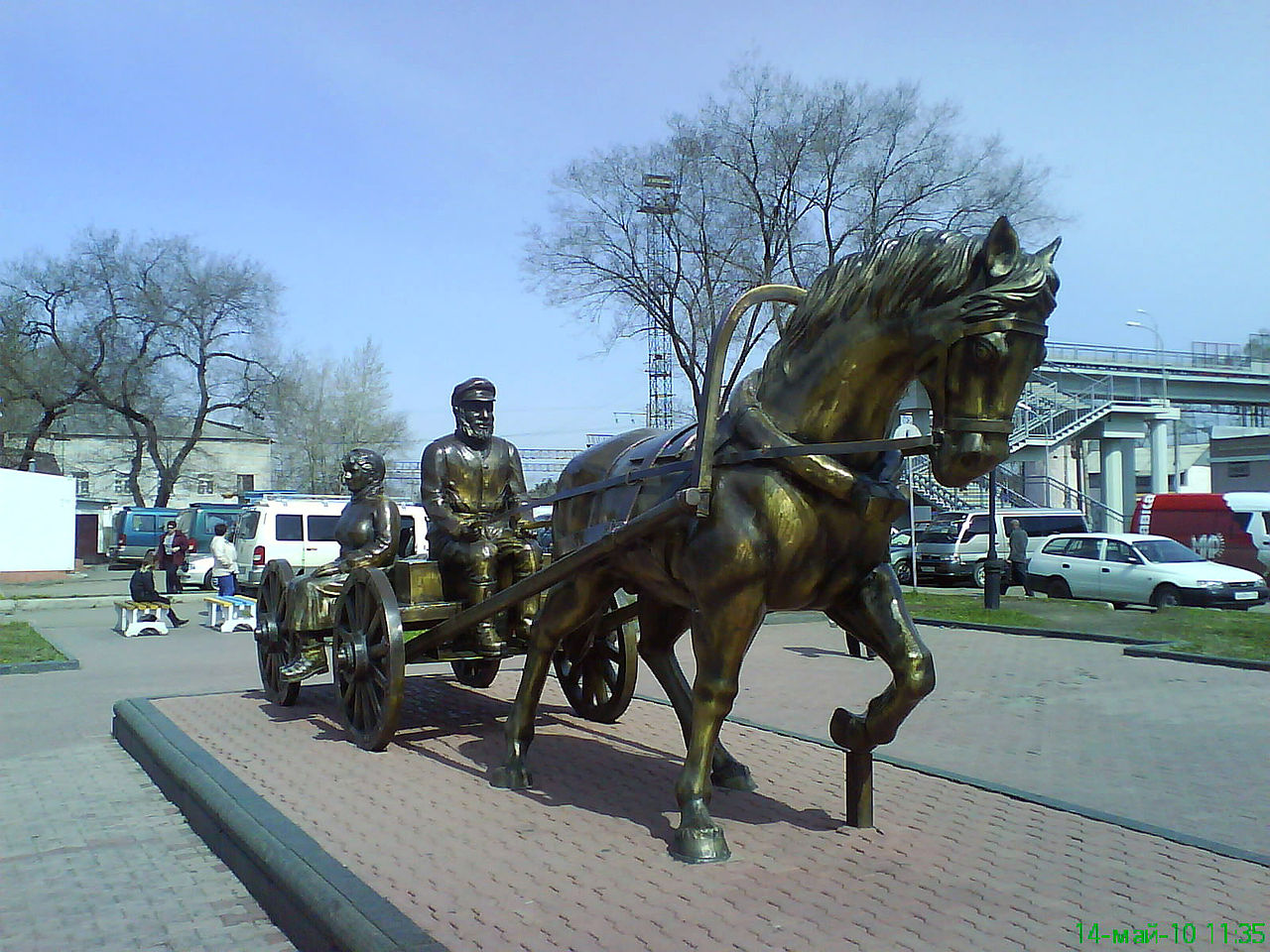raharris1973
Well-known member
What if Otto Von Bismarck was fired or somehow, against all odds, voluntarily retired, before his death at his Chancellor's work desk on New Years Eve, 1899?
What might have been the consequences for Germany's domestic governance, internal stability, and foreign policy have been if he were out of office by some reasonable time before his death, like before 1890, but no earlier than 1886?
Bismarck appeared particularly vulnerable when Frederick III was about to take the throne in 1888, with it widely assumed Fred, influenced by his liberal wife would relieve him. But 1888 was to be the year of Three Emperors with Fred reigning only 88 days. Bismarck had groomed to Wilhelm II to be the anti-Frederick, but we did not have a very long period to sample their working relationship, with Wilhelm's accidental death at a shipboard naval demonstration in early 1890.
The 8 year old heir to the throne, Wilhelm III, was to young to rule and overseen by a regency council of his distraught relatives, focused on keeping the monarchy and their lately star-crossed dynasty alive. Bismarck handle on policy of all kinds reicvyached its apogee at this point as he dominated the policy sphere the royals left to him, much to the chagrin of many lower level ministers.
In foreign policy, the 1890s cooperwere a quiet decade, as Bismarck maintained the unity of the Triple Alliance, and deftly managed a continued coop through theerative relationship with Russia through the secret Reinsurance Treaty, renewed in 1890, 1893, 1896 under the new Tsar Nicholas, and again in 1899. France remained divided from Britain by colonial rivalries with Britain in Sudan and Siam and over the Boer War. Bismarck kept his head down over the same and supported Russia in the Far East. Bismarck's work of isolating France and keeping European power politics tranquil was supported by the focus of other European powers on global adventures outside Europe, and Germany's own comparatively modest aims, as signaled in the Helgoland-Zanzibar treaty, a partition of Samoa with the Americans, and the purchase of the Spanish Micronesia after Spain's defeat to the Americans.
The domestic situation was another matter. Feeling Socialists in the parliamentary opposition and workers and anarchist movements in the streets had gotten out of hand, Bismarck and his inner cabinet basically prorogued the Reichstag and governed without it, pushing the Socialists underground and employing police state methods at home and occasionally abroad against the underground opposition in a military backed dictatorship.
While Bismarck never abandoned some of his earlier welfarist policies and added a few more fringe benefits, he firmly crushed strikes, worker organizing and anything with a whiff of political subversion, driving many German oppositionists into exile to Scandinavia, the Low Countries, Italy, England, even France..
As we all know, the impressive Prussian-led military police-edifice which seemed so imposing quickly began to crumble with the May 1900 revolution when soldiers refused to shoot women and strikers demonstrating over bread prices in major cities of the Reich.
Was the Socialist revolution in Germany, civil war, and triumph of the centralized German Democratic People's Republic over most of the former Reich inevitable?
Did it have to be so bloody and lead to such serious territorial amputations? Alsace-Lorraine and the Saar to France, northern Schleswig to Denmark, Trans-Danubian Bavaria to Austria-Hungary, the more conservative rural Junker lands east of the Oder-Neisse to the Russian empire?
There's been a few speculations on Frederick surviving longer, or his father Wilhelm I perishing earlier, and him relieving Bismarck and keep the Second Reich on a Constitutional path. It is generally assumed that Wilhelm II, groomed to be the anti-Frederick, would have been just as much Bismarck's cipher as the regency council and been a cheerleader for the anti-socialist laws and establishment of extra-constitutional dictatorship, but there is intriguing evidence that he was actually coming to his own reaching a boiling point of frustration just before his death, on a foreign policy issue, and a domestic one.
On foreign policy, Wilhelm was sympathetic to junior ministers argument that the Reinsurance treaty with Russia was contradictory with the Triple Alliance and dishonorable towards the commitment to Austria-Hungary. There is some correspondence indicating he was determined to drop the Russia treaty! That would have the potential to reshape European diplomacy.
Domestically, shortly before his death he investigated mine workers conditions and showed surprising sympathy, and some records indicate he was rapidly cooling on the extension of anti-Socialist laws to ban the Party from political participation. Could this have provided an off-ramp from either dictatorship or social revolution in Germany?
What might have been the consequences for Germany's domestic governance, internal stability, and foreign policy have been if he were out of office by some reasonable time before his death, like before 1890, but no earlier than 1886?
Bismarck appeared particularly vulnerable when Frederick III was about to take the throne in 1888, with it widely assumed Fred, influenced by his liberal wife would relieve him. But 1888 was to be the year of Three Emperors with Fred reigning only 88 days. Bismarck had groomed to Wilhelm II to be the anti-Frederick, but we did not have a very long period to sample their working relationship, with Wilhelm's accidental death at a shipboard naval demonstration in early 1890.
The 8 year old heir to the throne, Wilhelm III, was to young to rule and overseen by a regency council of his distraught relatives, focused on keeping the monarchy and their lately star-crossed dynasty alive. Bismarck handle on policy of all kinds reicvyached its apogee at this point as he dominated the policy sphere the royals left to him, much to the chagrin of many lower level ministers.
In foreign policy, the 1890s cooperwere a quiet decade, as Bismarck maintained the unity of the Triple Alliance, and deftly managed a continued coop through theerative relationship with Russia through the secret Reinsurance Treaty, renewed in 1890, 1893, 1896 under the new Tsar Nicholas, and again in 1899. France remained divided from Britain by colonial rivalries with Britain in Sudan and Siam and over the Boer War. Bismarck kept his head down over the same and supported Russia in the Far East. Bismarck's work of isolating France and keeping European power politics tranquil was supported by the focus of other European powers on global adventures outside Europe, and Germany's own comparatively modest aims, as signaled in the Helgoland-Zanzibar treaty, a partition of Samoa with the Americans, and the purchase of the Spanish Micronesia after Spain's defeat to the Americans.
The domestic situation was another matter. Feeling Socialists in the parliamentary opposition and workers and anarchist movements in the streets had gotten out of hand, Bismarck and his inner cabinet basically prorogued the Reichstag and governed without it, pushing the Socialists underground and employing police state methods at home and occasionally abroad against the underground opposition in a military backed dictatorship.
While Bismarck never abandoned some of his earlier welfarist policies and added a few more fringe benefits, he firmly crushed strikes, worker organizing and anything with a whiff of political subversion, driving many German oppositionists into exile to Scandinavia, the Low Countries, Italy, England, even France..
As we all know, the impressive Prussian-led military police-edifice which seemed so imposing quickly began to crumble with the May 1900 revolution when soldiers refused to shoot women and strikers demonstrating over bread prices in major cities of the Reich.
Was the Socialist revolution in Germany, civil war, and triumph of the centralized German Democratic People's Republic over most of the former Reich inevitable?
Did it have to be so bloody and lead to such serious territorial amputations? Alsace-Lorraine and the Saar to France, northern Schleswig to Denmark, Trans-Danubian Bavaria to Austria-Hungary, the more conservative rural Junker lands east of the Oder-Neisse to the Russian empire?
There's been a few speculations on Frederick surviving longer, or his father Wilhelm I perishing earlier, and him relieving Bismarck and keep the Second Reich on a Constitutional path. It is generally assumed that Wilhelm II, groomed to be the anti-Frederick, would have been just as much Bismarck's cipher as the regency council and been a cheerleader for the anti-socialist laws and establishment of extra-constitutional dictatorship, but there is intriguing evidence that he was actually coming to his own reaching a boiling point of frustration just before his death, on a foreign policy issue, and a domestic one.
On foreign policy, Wilhelm was sympathetic to junior ministers argument that the Reinsurance treaty with Russia was contradictory with the Triple Alliance and dishonorable towards the commitment to Austria-Hungary. There is some correspondence indicating he was determined to drop the Russia treaty! That would have the potential to reshape European diplomacy.
Domestically, shortly before his death he investigated mine workers conditions and showed surprising sympathy, and some records indicate he was rapidly cooling on the extension of anti-Socialist laws to ban the Party from political participation. Could this have provided an off-ramp from either dictatorship or social revolution in Germany?




